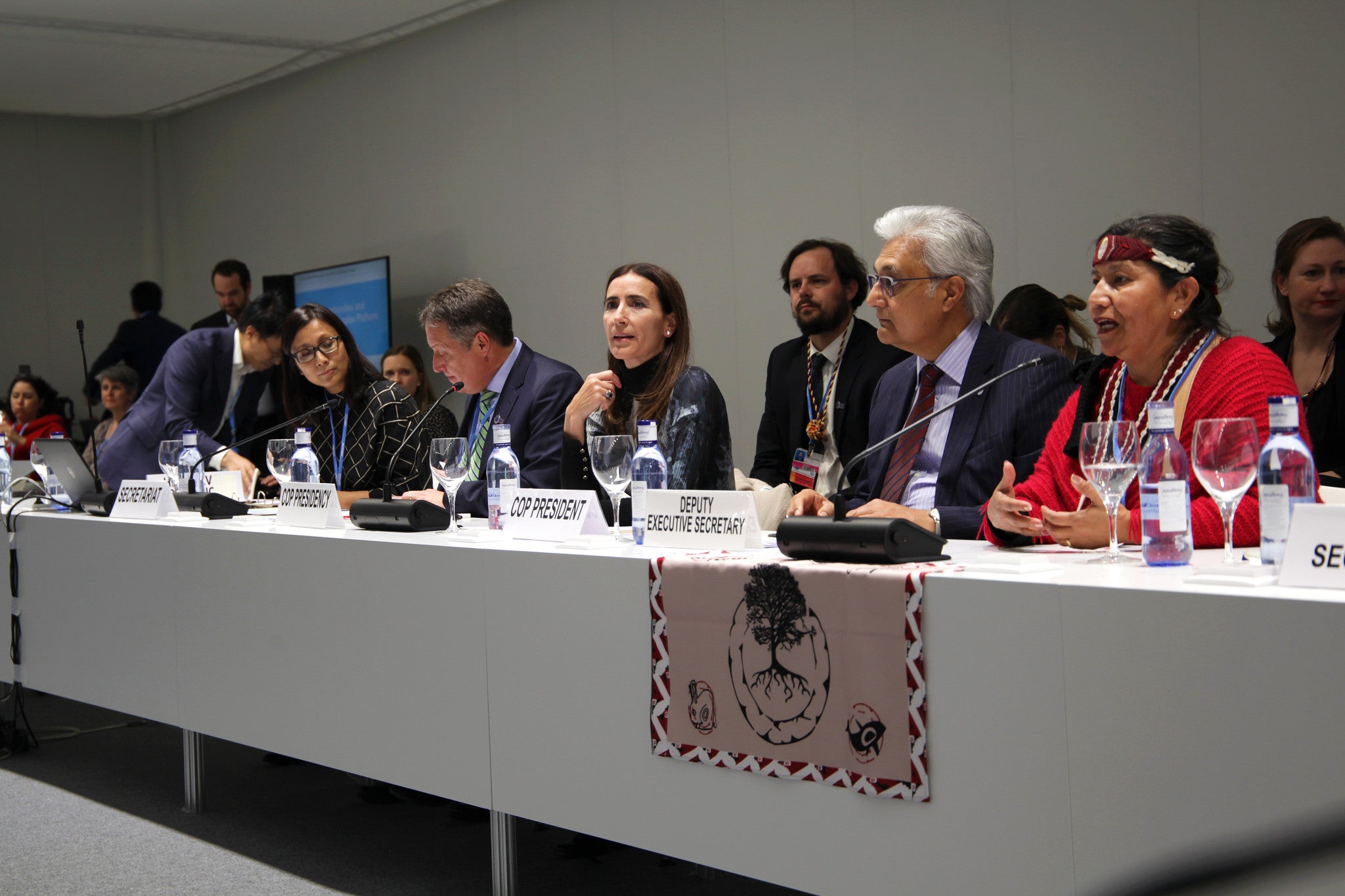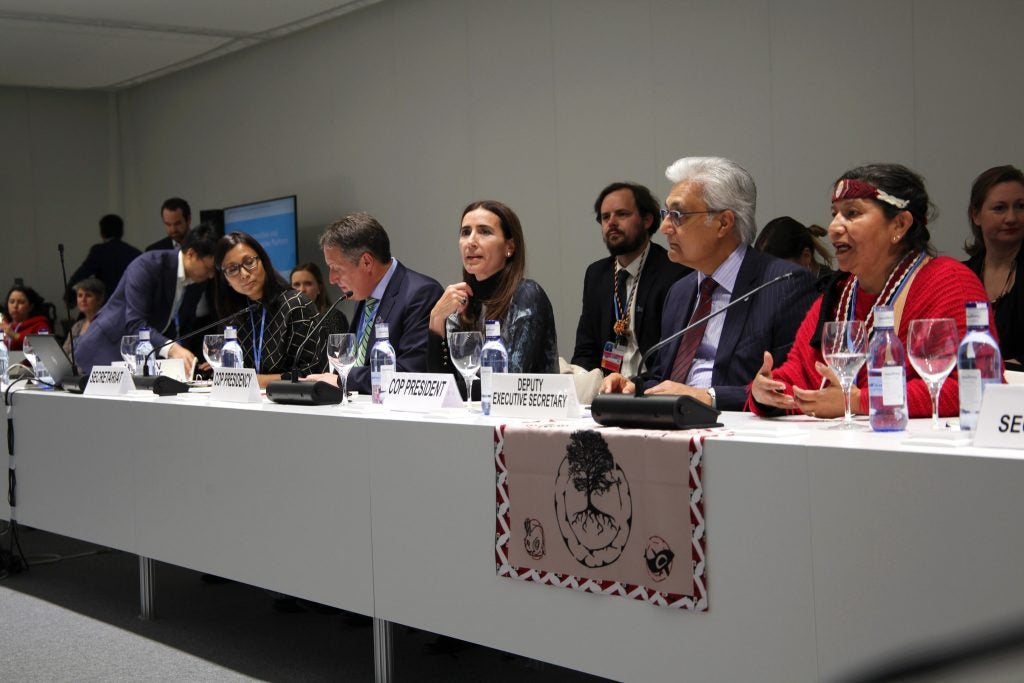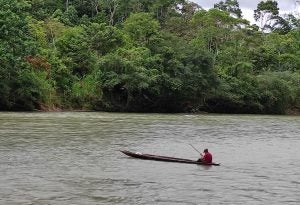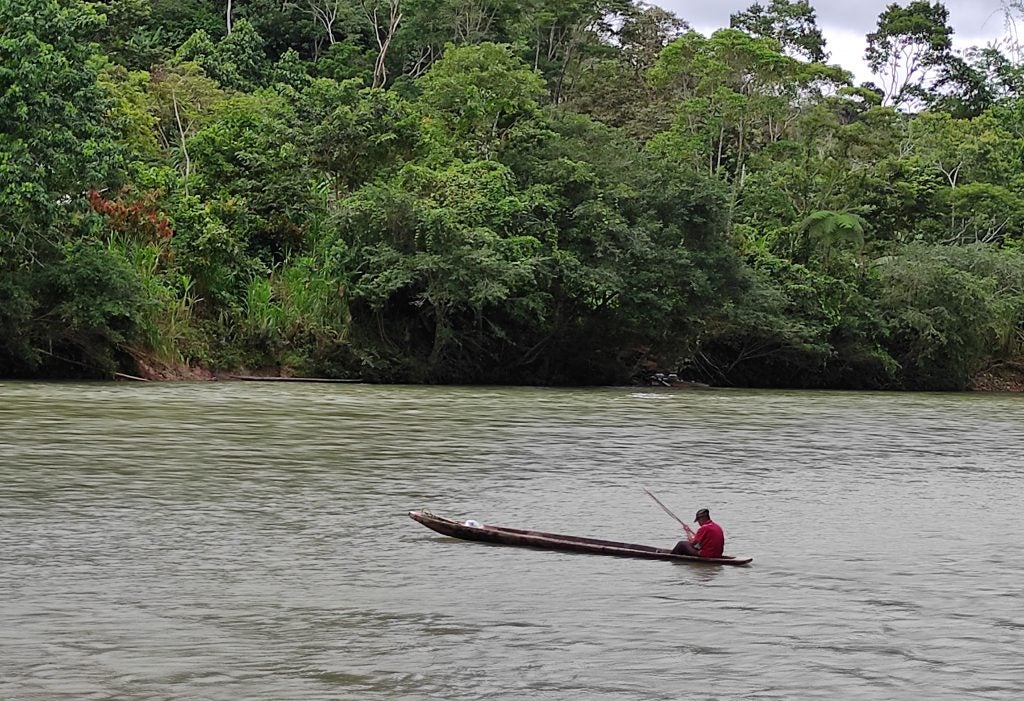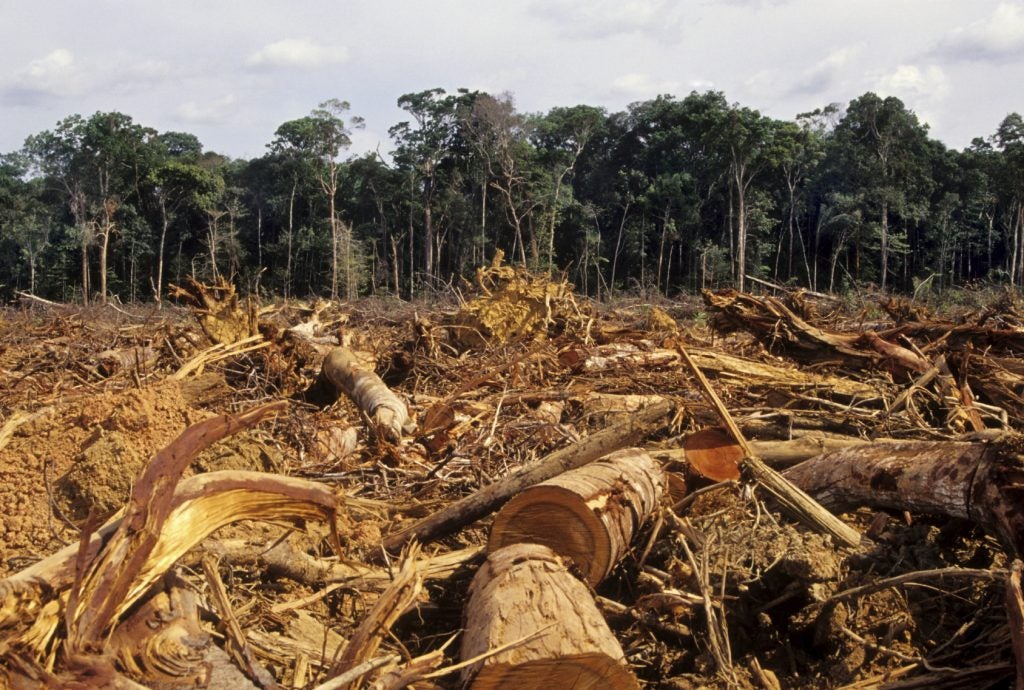This post was coauthored by Bärbel Henneberger.
**This is the second blog of our series exploring the challenges to effective participation of Indigenous Peoples in international climate policy forums.
The third meeting of the Facilitative Working Group (FWG), which was the first official 2020 meeting of the Local Communities and Indigenous Peoples Platform (LCIPP) of the United Nations Framework Convention on Climate Change, took place virtually between October 5 and 8.
In our previous blog, we presented an overview of the concerns raised by Estebancio Castro, Representative for the UN Indigenous Sociocultural Region: Central and South America and the Caribbean, to the UNFCCC LCIPP, on virtual meetings and the effective participation of Indigenous Peoples. His concerns were very valid, as during the recent FWG meeting, participation of Indigenous Peoples, especially from regions with unstable internet connection, was quite difficult. In this blog, we will discuss these key barriers to virtual participation, as well as cover some of the progress that the FWG was able to make, next steps, and lessons learned.
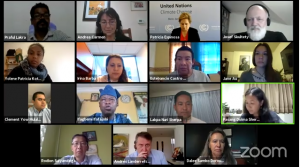
Screenshot of October’s virtual LCIPP meeting featuring Patricia Espinosa, Executive Secretary of UNFCCC. Photo by Bärbel Henneberger.
Effective participation: Virtual vs face-to-face
The short time for presentations and discussions (4 days, 3 hours per day) made it difficult to engage in deeper exchanges. Generally, some participants had poor internet connectivity that repeatedly failed throughout the meeting. Other participants were not able to participate at all because they did not have access to internet. Moreover, a stable internet connection is needed to access meeting materials prior to the start of meeting. As the FWG work gets more technical, participants need to have access to these documents, and more time to analyze them. Due in part to these issues, the FWG agreed to reschedule regional meetings of Indigenous knowledge holders until COVID-19 is under enough control to allow for face-to-face convenings, recognizing that Indigenous protocols, such as opening ceremonies and blessings by elder participants, need to be respected. Other activities, however, will continue virtually, even if this means that for some, effective participation is not guaranteed.
It is clear that, thus far, the COVID-19 pandemic has made it very challenging for the FWG to complete the tasks defined in the LCIPP’s two year work plan. Some activities have had to be postponed until face-to-face meetings are possible. Read More
